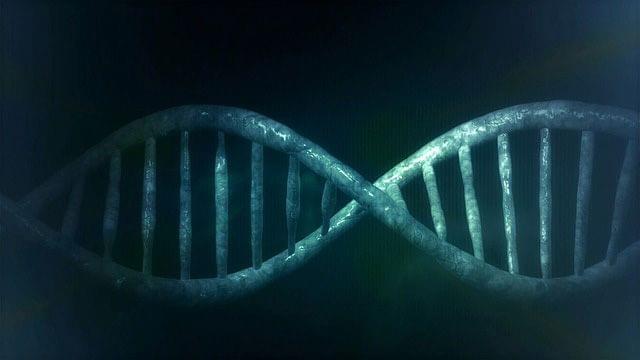Amid much speculation and research about how our genetics affect the way we age, a University of California, Berkeley, study now shows that individual differences in our DNA matter less as we get older and become prone to diseases of aging, such as diabetes and cancer.
In a study of the relative effects of genetics, aging and the environment on how some 20,000 human genes are expressed, the researchers found that aging and environment are far more important than genetic variation in affecting the expression profiles of many of our genes as we get older. The level at which genes are expressed — that is, ratcheted up or down in activity — determines everything from our hormone levels and metabolism to the mobilization of enzymes that repair the body.
“How do your genetics — what you got from your sperm donor and your egg donor and your evolutionary history — influence who you are, your phenotype, such as your height, your weight, whether or not you have heart disease?” said Peter Sudmant, UC Berkeley assistant professor of integrative biology and a member of the campus’s Center for Computational Biology. “There’s been a huge amount of work done in human genetics to understand how genes are turned on and off by human genetic variation. Our project came about by asking, ‘How is that influenced by an individual’s age?’ And the first result we found was that your genetics actually matter less the older you get.”
